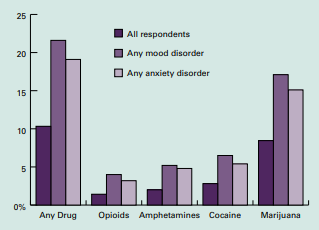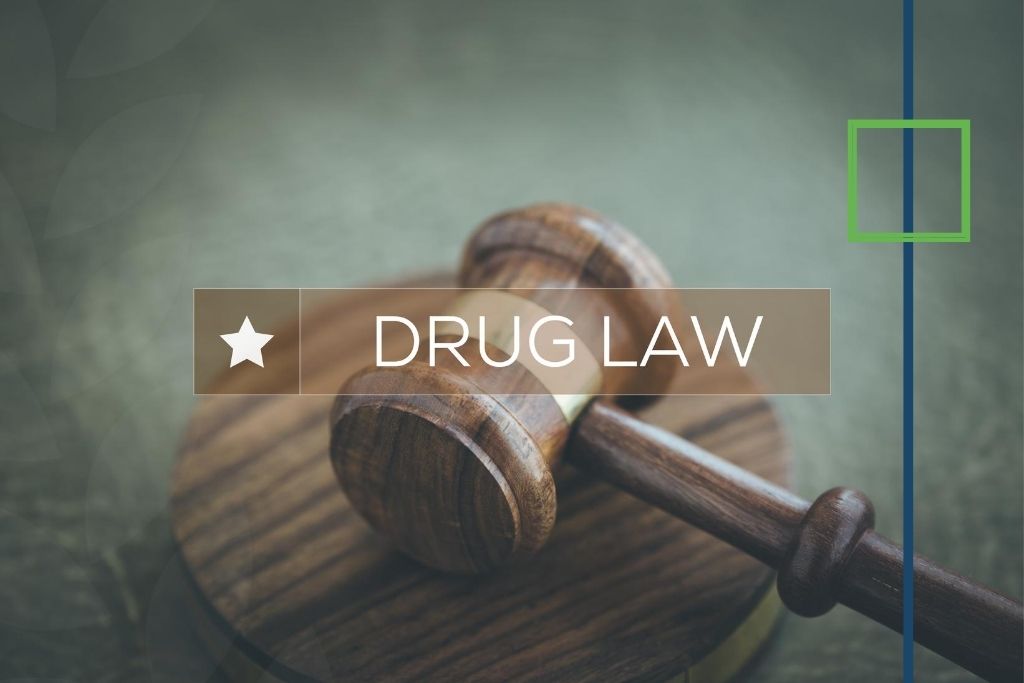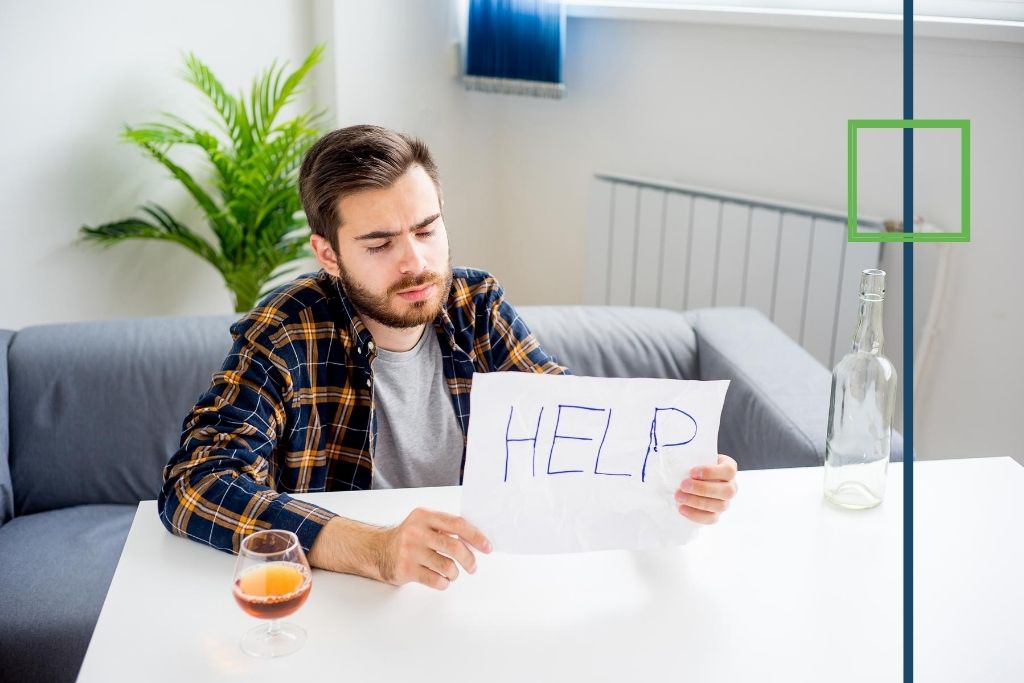To understand the connection between anxiety and addiction, it is important to understand which comes first or how they can co-occur. Addiction and abuse disorders are more likely to occur with specific types of anxiety.
What’s the Relationship Between Anxiety and Addiction?
It is common for people suffering from some form of anxiety to abuse substances in order to cope or alleviate their symptoms. According to Psychiatric Times, anxiety and addiction are the most frequent psychiatric problems in the US.
Anxiety disorders are varied disorders where excessive feelings and thoughts of worry or anxiety are manifested. As stated by the Anxiety and Depression Association of America (ADAA), those diagnosed with an anxiety disorder are two to three times more likely to suffer from drug or alcohol addiction in their lifetime than the general population. Moreover, people suffering from general anxiety disorder (GAD) and post-traumatic stress disorder (PTSD) have a higher risk of addiction as these anxieties have a higher association with abuse and use disorders.
The symptoms of one disorder can cause another disorder’s symptoms to be worse resulting in individuals being swept into a vicious cycle: they begin to use more drugs and alcohol to cope, their anxieties worsen, they consume more to function normally, and tolerance is built. Under those circumstances, tolerance leads to abuse and ultimately physical dependence and addiction. Or those who are abusing drugs and alcohol start to develop symptoms of mental illnesses such as anxiety and depression.
When mental illnesses and abuse disorders co-exist with someone, professionals define this as comorbidity. Although anxiety and addiction can co-occur, it is hard to pinpoint which disorder exactly developed first. Professionals have 3 instances of comorbidity:
- Drugs of abuse can cause users to have symptoms of or develop mental illness
- Mental illness can cause drug abuse
- Both disorders can be caused by underlying factors such as trauma, brain deficits, and genetic vulnerabilities
Regardless of which symptoms appeared or manifested first, it is very important to have both mental illness and drug abuse/addiction treated together in order to reduce the chance of relapse.

Anxiety as a Withdrawal Symptom
When heavy users of either drugs or alcohol decide to detox, there are some uncomfortable side effects to be expected. Anxiety is the most commonly experienced withdrawal symptom, especially with highly addictive substances.
The brain becomes used to a constant supply of substance and builds tolerance in order to maintain the high. However, once the demand isn’t met by supply, the brain creates surges of adrenaline to cope, thus producing the withdrawal symptoms. Withdrawal symptoms can be physical or mental and the severity of the case also depends on the person and the substances abused. Anxiety is the most common emotional withdrawal felt in the detox of cannabis, alcohol, cocaine, and ecstasy.
Those who are diagnosed or experiencing anxiety are more likely to experience anxiety and panic during drug and alcohol detox and are at higher risk for relapse.
Sources:
https://www.drugabuse.gov/sites/default/files/rrcomorbidity.pdf
https://www.ncbi.nlm.nih.gov/pmc/articles/PMC2904966/
https://adaa.org/understanding-anxiety/related-illnesses/substance-abuse





